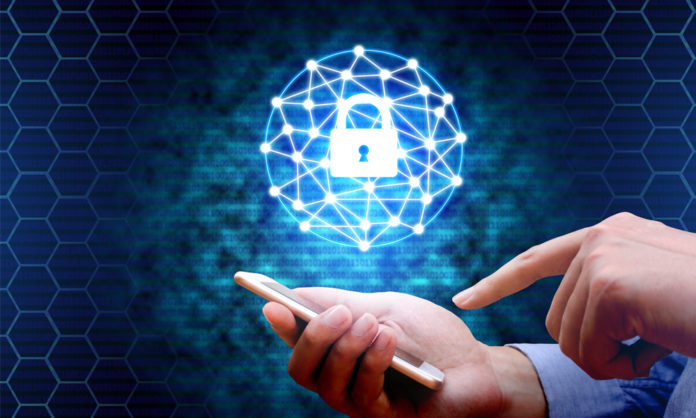

For online access, everyone in today’s world likes to keep their activity anonymous and away from prying eyes. So, all those companies providing internet services should offer their products and services in such a way that it gives their users utmost assurance that all their data is well being digitally protected- whether they are making online payments or sending messages.
They are two types of mobile internet connections. First is the one accessed through a Wi-Fi and the other via Mobile Network.
Wi-Fi connections are those web connections that are been provided by a router connected to a fiber line. Meaning, the router acts as a middle point between the ISP and the devices seeking online services- say mobile phones or tablets. So, the ISP server has all the information about its users on what they are doing online. To a certain extent such snooping can be blocked by using apps like Tor or accessing the web via a Virtual Private Network. But ironically, most of such apps cannot fulfill the user objective when they are using someone else’s network.
Nevertheless, router admins can make their router based web connectivity secure by providing closed networks to their users by providing a password to access. For instance, those networks used in homes are always closed, while those available freely on transit stations like airports are always open where users accessing web via such networks are at a risk of putting their privacy and security in jeopardy.
Mobile Data- Mobile data can be defined as wireless web connectivity provided by a Telecommunication company. Although, there is no specific difference between a WiFi or a mobile network, users often feel that the mobile data speeds are inconsistent. However, the plus point of mobile data is that all connections made through the network are encrypted, adding an extra level of security from snooping eyes.
Security experts say that mobile networks are often safe than Wi-Fi connections, and so all the sensitive information like online transactions should be made via mobile data. But some argue that there is no fool-proof theory on secure connections and so are advising online users to follow basic cyber hygiene principles like 2FA, strong passwords and cookie blockage to keep their activity safe and secure.



















